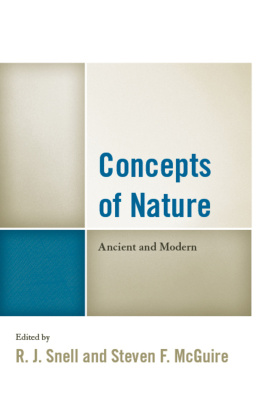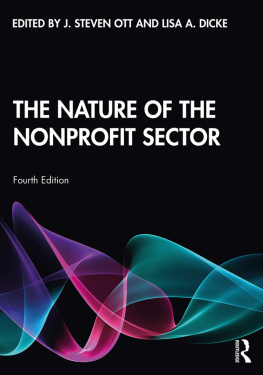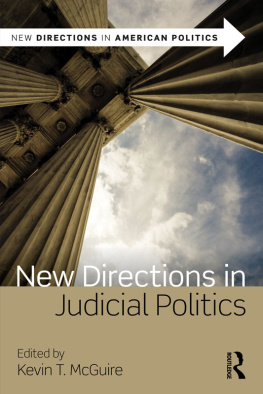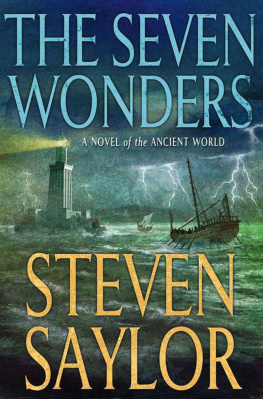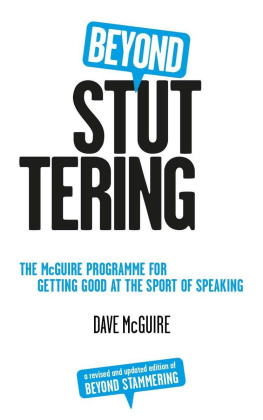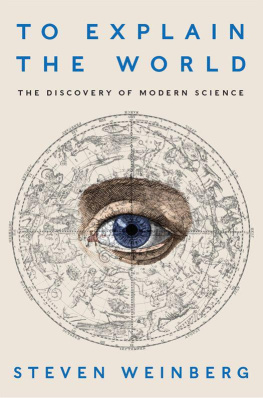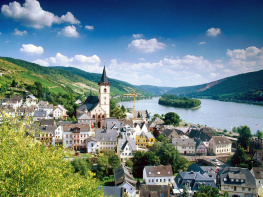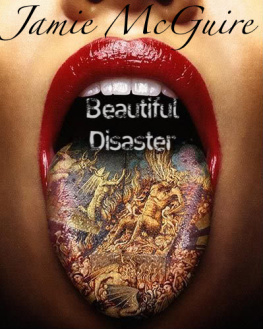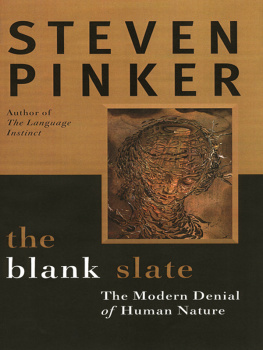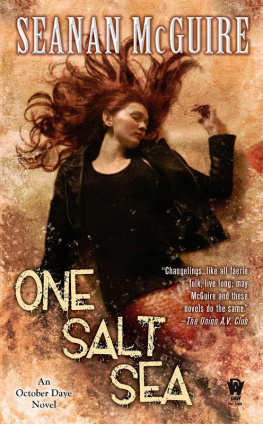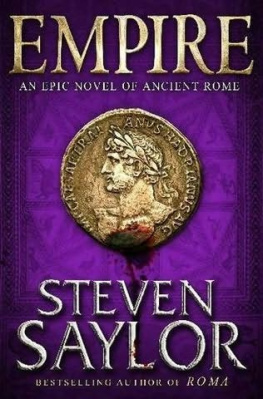McGuire Steven F. - Concepts of nature: ancient and modern
Here you can read online McGuire Steven F. - Concepts of nature: ancient and modern full text of the book (entire story) in english for free. Download pdf and epub, get meaning, cover and reviews about this ebook. City: Lanham;Boulder;New York;London, year: 2016;2012, publisher: Lexington Books, a division of Rowman & Littlefield Publishers, Inc., genre: Religion. Description of the work, (preface) as well as reviews are available. Best literature library LitArk.com created for fans of good reading and offers a wide selection of genres:
Romance novel
Science fiction
Adventure
Detective
Science
History
Home and family
Prose
Art
Politics
Computer
Non-fiction
Religion
Business
Children
Humor
Choose a favorite category and find really read worthwhile books. Enjoy immersion in the world of imagination, feel the emotions of the characters or learn something new for yourself, make an fascinating discovery.
- Book:Concepts of nature: ancient and modern
- Author:
- Publisher:Lexington Books, a division of Rowman & Littlefield Publishers, Inc.
- Genre:
- Year:2016;2012
- City:Lanham;Boulder;New York;London
- Rating:5 / 5
- Favourites:Add to favourites
- Your mark:
- 100
- 1
- 2
- 3
- 4
- 5
Concepts of nature: ancient and modern: summary, description and annotation
We offer to read an annotation, description, summary or preface (depends on what the author of the book "Concepts of nature: ancient and modern" wrote himself). If you haven't found the necessary information about the book — write in the comments, we will try to find it.
Concepts of nature: ancient and modern — read online for free the complete book (whole text) full work
Below is the text of the book, divided by pages. System saving the place of the last page read, allows you to conveniently read the book "Concepts of nature: ancient and modern" online for free, without having to search again every time where you left off. Put a bookmark, and you can go to the page where you finished reading at any time.
Font size:
Interval:
Bookmark:
Concepts of Nature
Concepts of Nature
Ancient and Modern
Edited by R. J. Snell and Steven F. McGuire
LEXINGTON BOOKS
Lanham Boulder New York London
Published by Lexington Books
An imprint of The Rowman & Littlefield Publishing Group, Inc.
4501 Forbes Boulevard, Suite 200, Lanham, Maryland 20706
www.rowman.com
Unit A, Whitacre Mews, 26-34 Stannary Street, London SE11 4AB
Copyright 2016 by Lexington Books
All rights reserved. No part of this book may be reproduced in any form or by any electronic or mechanical means, including information storage and retrieval systems, without written permission from the publisher, except by a reviewer who may quote passages in a review.
British Library Cataloguing in Publication Information Available
Library of Congress Cataloging-in-Publication Data
Names: Snell, R. J., 1975- editor.
Title: Concepts of nature : ancient and modern / edited by R. J. Snell and Steven F. McGuire.
Description: Lanham : Lexington Books, 2016. | Includes bibliographical references and index.
Identifiers: LCCN 2016038357 (print) | LCCN 2016039039 (ebook) | ISBN 9781498527545 (cloth : alkaline paper) | ISBN 9781498527552 (electronic)
Subjects: LCSH: Philosophy of natureHistory.
Classification: LCC BD581 .C66545 2016 (print) | LCC BD581 (ebook) | DDC 113.09dc23 LC record available at http://lccn.loc.gov/2016038357
 TM The paper used in this publication meets the minimum requirements of American National Standard for Information Sciences Permanence of Paper for Printed Library Materials, ANSI/NISO Z39.48-1992.
TM The paper used in this publication meets the minimum requirements of American National Standard for Information Sciences Permanence of Paper for Printed Library Materials, ANSI/NISO Z39.48-1992.
Printed in the United States of America
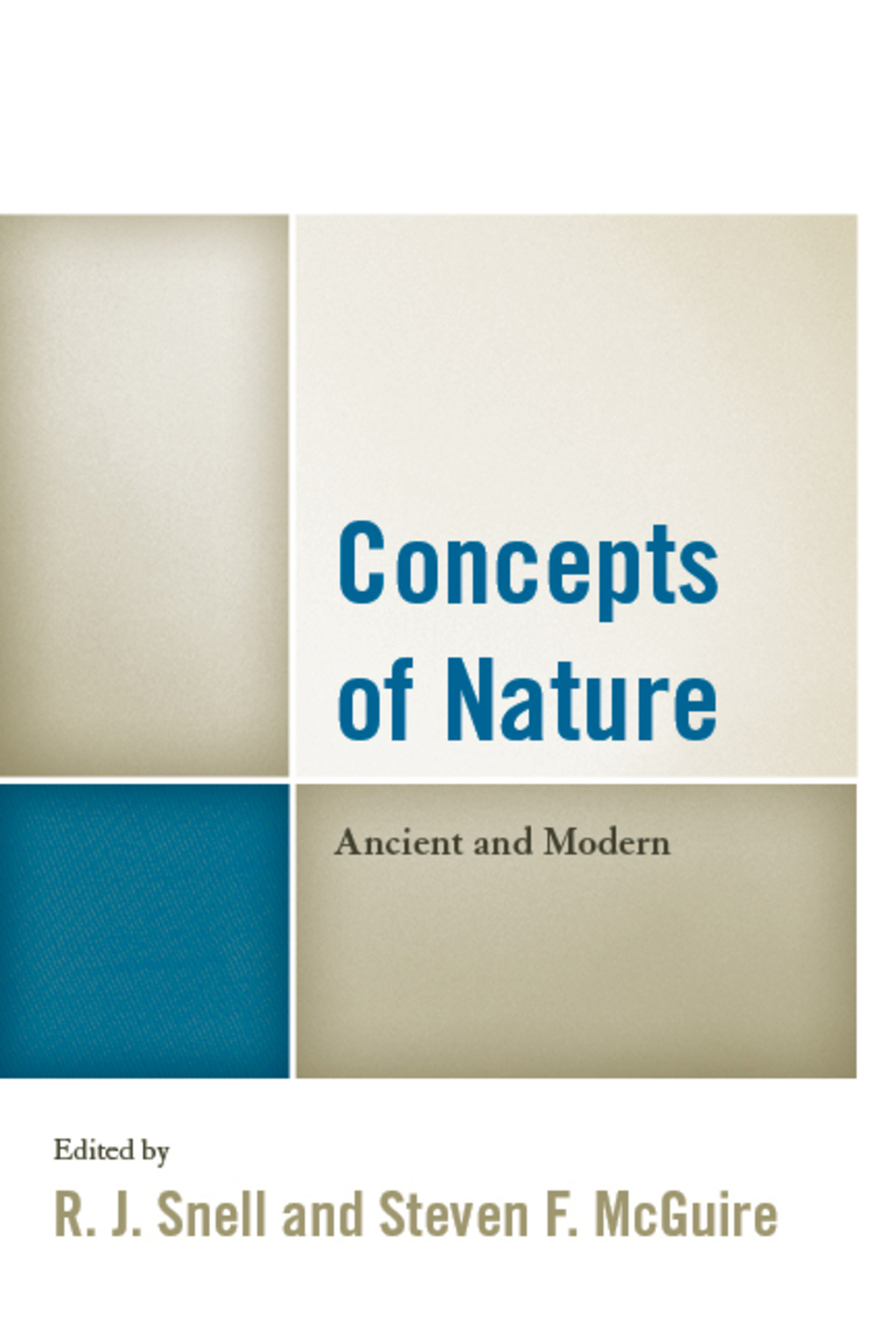
R. J. Snell and Steven F. McGuire
There are few concepts that could rival natures claim to be the central concern of philosophical inquiry. As Leo Strauss writes in Natural Right and History, Philosophy as distinguished from myth came into being when nature was discovered, or the first philosopher was the first man who discovered nature. The whole history of philosophy is nothing but the record of the ever repeated attempts to grasp fully what was implied in that crucial discovery which was made by some Greek twenty-six hundred years ago or before. Nature, once distinguished from and juxtaposed to convention, has served as the conceptual vehicle for the philosophical quest to understand and articulate how things really are and how they ought to bea quest which has always been tied to inquiry into the nature and purpose of human life. Thus, from the classical discovery of right by nature to the medieval development of natural law to the modern articulation of natural rights, the concept of nature has been used to represent the standard for human conduct.
Nature in this sense appears to have lost its hold on the contemporary imagination, however. Appeals to it as a basis for ethical and political judgment ring hollow in the ears of our contemporaries. Even some of those who might otherwise be sympathetic to the tradition of natural law recognize its rhetorical ineffectiveness. In sum, we live in a time in which increasing numbers of our fellow citizens no longer recognize nature as a reasonable limit and guide to human action.
The consequences of such views are manifest in any number of social, political, and economic realities. There is, for instance, the increasing threat of technological progress separated from moral and political deliberation, especially in the fields of biotechnology and artificial intelligence, which increasingly challenges our ability to define human nature. The same instrumental logic of progress without regard for the natural human good too often pushes our economic systems in directions destructive of the common good and encourages reckless treatment of the environment. Another consequence is the ongoing revolution in our sexual mores, which is driven by a desire to liberate individuals from traditional views on sex, sexual identity, and marriage that have contributed to order and liberty throughout the history of Western civilization. Moreover, enduring social and political problems such as poverty, crime, drug use, war, and threats to security are treated as engineering problems that can and should be solved once and for all. All of these trends are made possible, at least in part, because nature is no longer recognized as a goal or limit but, rather, a starting point for (or obstacle to) human endeavors.
But why did the older conceptions of nature give way to the new? reflect on these and other questions as they investigate the modern understanding of nature and seek to understand its origins as well as how it differs from its ancient and medieval predecessors. Our endeavor is motivated by the question of whether the insights of natural law (or right by nature or natural rights) can or should still be incorporated into contemporary discourse, but the chapters focus on the meaning of nature itselfhow and why it has changed, whether anything good has come of the change, and whether the good in the ancient and medieval traditions can or should be recovered. It is our hope that these chapters will shed light on the deeper historical, philosophical, and theological sources of contemporary debates about the meaning of nature and our relationship to it.
The first two chapters treat Eric Voegelins analysis of the concept of nature. First, Barry Coopers chapter examines Voegelins treatment of human nature in Aristotle. He focuses in particular on Voegelins attention to the continuity between the philosophical idea of right by nature and previous experiences of transcendent order in pre-philosophical Greek sources. Cooper notes how this leads Voegelin to add to Aristotles claims that man is by nature a political and rational animal that he is also an historical animal in that his experiences and symbolizations of order take place within history. This allows us to account for the continuity between various conceptions of order and also illustrates the importance of attending to nature as experience and symbol rather than merely as a concept. Agreeing with Coopers analysis of Voegelin, Thomas W. Smith reflects on the issue of mediation between human beings and the divine. After offering a brief account of how Aquinas and medieval Christianity approached the need to link the human and the divine, he suggests that the modern world suffers from a loss of mediation. He then argues that a return to premodern conceptions of nature might be misguided if we do not develop forms of mediation that can bridge the gap between the human and the divine in a way the fits within the modern context.
In a complementary chapter, Glenn Hughes also examines Voegelins treatment of nature but draws our attention to the importance of what Voegelin referred to as the primary experience of the cosmos. Hughes argues that it is important to remember that symbols such as nature, human nature, and human dignity emerge in the context of the ongoing experience of reality as a whole that includes the divine ground. To forget this point leads to erroneous, reductionist accounts of nature and human nature that leave out the essential point that these concepts are defined in relation to (and not without reference to) the divine. Finally, he suggests that the idea of human dignity, so important in the modern age, cannot be defended without reference to human participation in the divine, which is the basis for its recognition. In her response, Melissa Moschella places Voegelins approach in dialogue with that of the new natural law and sees room for much agreement between the two approaches. She resists, however, Voegelins insistence on including an account of the human relationship to the divine in his account of human nature and human dignity. While not disagreeing with the substance of Hughess account of human nature, she argues that human nature and human dignity can be understood on purely rational grounds, an important point especially in a secular culture such as our own.
Next pageFont size:
Interval:
Bookmark:
Similar books «Concepts of nature: ancient and modern»
Look at similar books to Concepts of nature: ancient and modern. We have selected literature similar in name and meaning in the hope of providing readers with more options to find new, interesting, not yet read works.
Discussion, reviews of the book Concepts of nature: ancient and modern and just readers' own opinions. Leave your comments, write what you think about the work, its meaning or the main characters. Specify what exactly you liked and what you didn't like, and why you think so.

